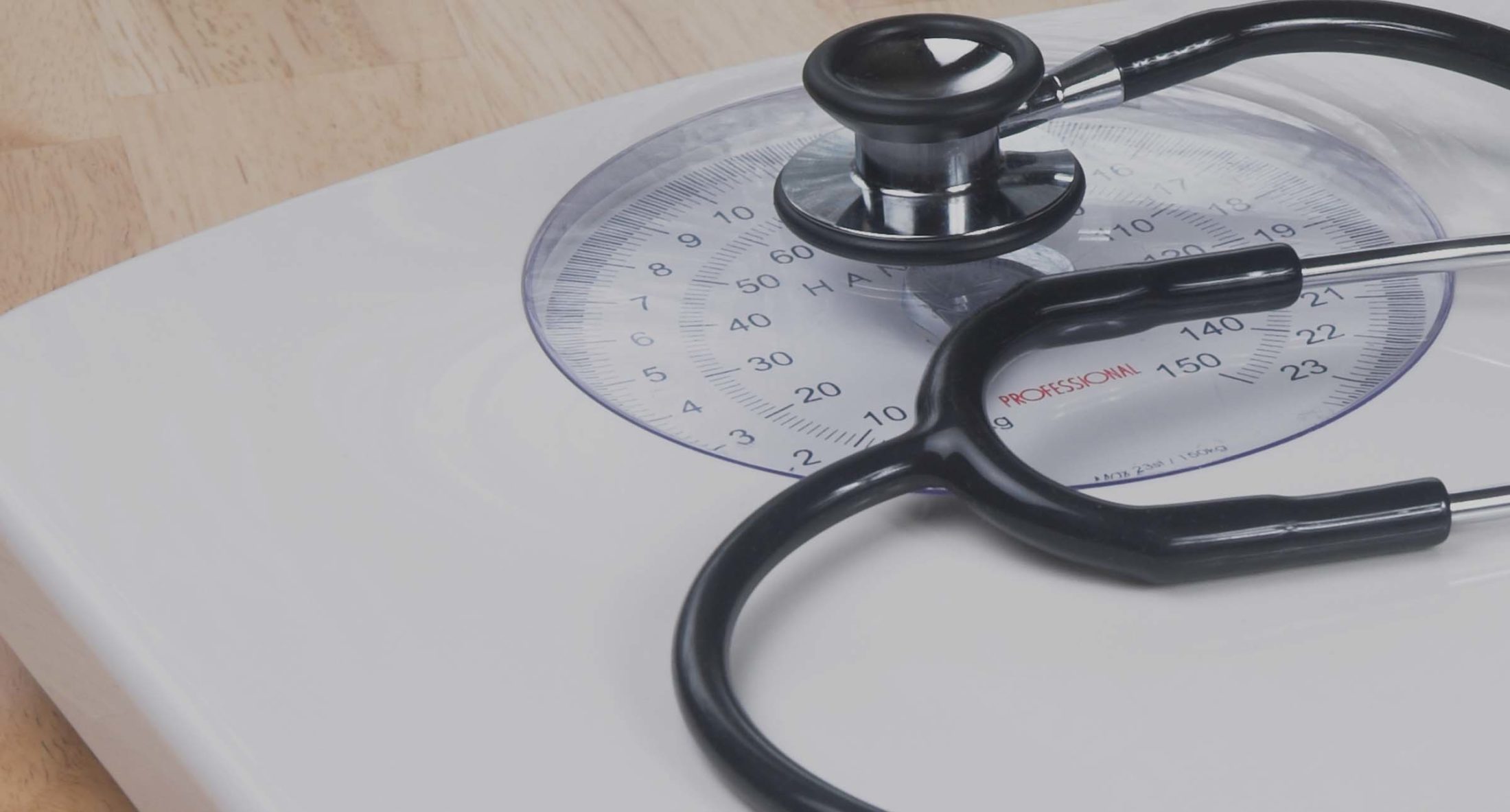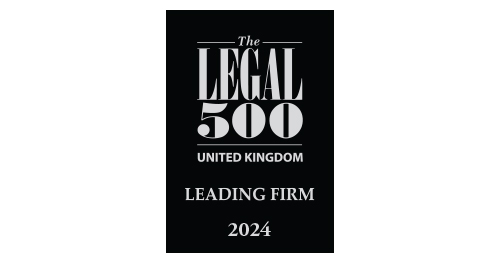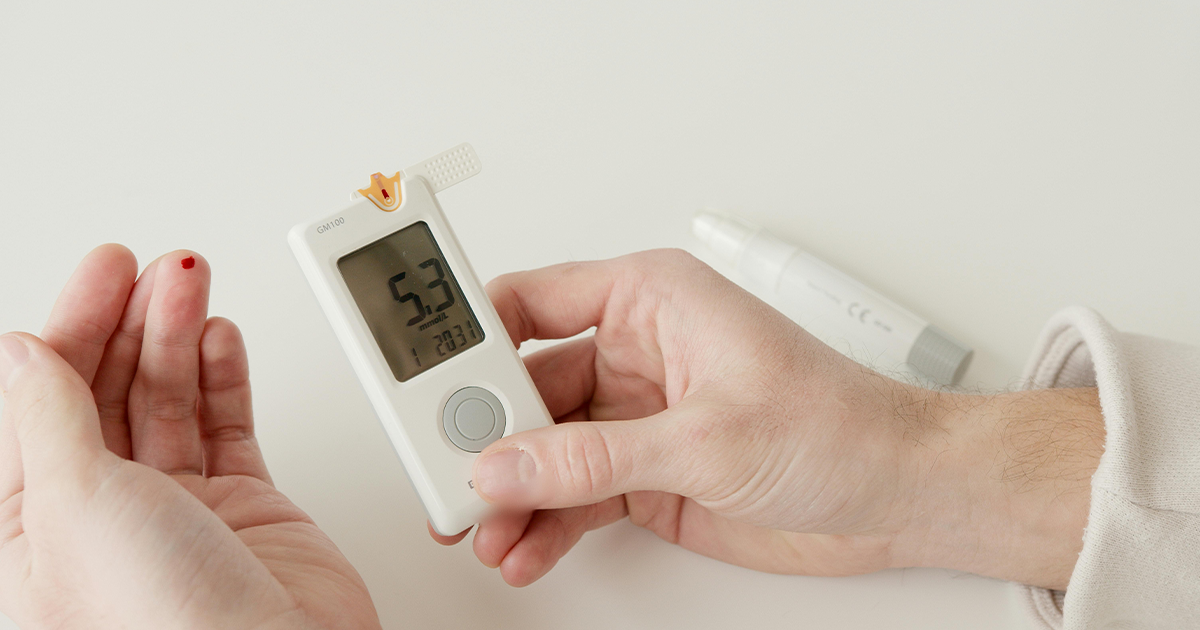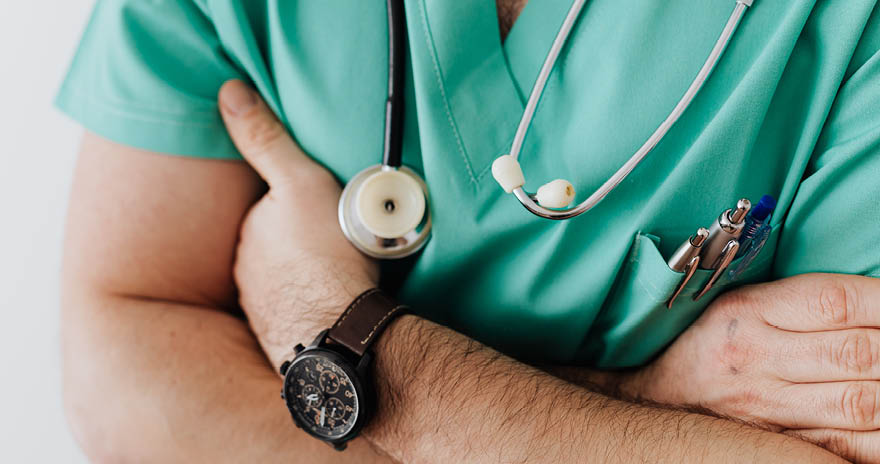

Help when weight loss surgery goes wrong
Weight loss surgery (or bariatric surgery) is a major event that will change your life. Unfortunately, things can go wrong and if your operation has not been a success, you might want to seek compensation to get the support you need. If so, we can help.
Call for a free consultation on whether you have a claim
Your weight loss surgery injury will be unique to you.
Whatever you’ve experienced though, our experts are here to take care of the legal side of things for you.
Common weight loss surgery problems
There are four common techniques for weight loss surgery: gastric banding, sleeve gastrectomy, gastric bypass surgery and intra-gastric balloons. We understand the risks associated with each option and more.
Gastric band problems commonly occur when the band has been incorrectly placed, or it has been placed at an incorrect angle which can cause blockages. Failure to identify and treat these problems quickly can lead to infections and malnutrition. We have seen the following issues:
- If the gastric band is placed in the wrong part of the stomach or at the wrong angle. This represents substandard treatment and you may be able to claim. If this occurs, it can lead to restricted food input or complete blockage can result. Emergency corrective surgery is then required and a delay in performing this can be negligent in itself.
- Bands commonly leak, slip or erode into the stomach, need regular adjustments and are prone to infection. A slipped band is a medical emergency and if not removed quickly will lead to stomach necrosis, sepsis and even death.
Alternatively, if you have a gastric bypass, there is a risk that the surgery may not be carried out to an acceptable standard and this may lead to you requiring further surgery.
In some instances, your new and remnant stomach may not be correctly divided during the surgery, or there may be incorrect stapling of the joins during the surgery. We have seen the following issues:
- Failure to staple the joins properly in gastric bypass surgery can cause a leak. Such a failure represents substandard treatment and you may be able to claim compensation if this has happened. It should be noted though that leaks can be a recognised complication so every case should be investigated on its own facts.
- A fairly common complication of a gastric bypass is diarrhoea because less water is also absorbed back into the body. The BPD (Biliopancreatic Diversion) and duodenal switch in particular have a greater risk of diarrhoea as more of the small bowel is bypassed than the roux-en-Y although peptic ulcers at the join between the stomach pouch and the small bowel are a complication of the Roux-en-Y but not the BPD or duodenal switch.
- Failure to promptly diagnose a leak or an ulcer following gastric bypass surgery can also give rise to a medical negligence claim.
- As bypass procedures restrict the size of the stomach, there is a risk that ingested food goes through the stomach too quickly and enters the small bowel still largely undigested. This results in the small bowel expanding too quickly making the person feel extremely unwell after eating. This is known as Dumping Syndrome. Symptoms can include nausea and vomiting, dizziness, fatigue, sweating and diarrhoea.
- Patients who have had a gastric bypass generally need life-long vitamin and nutrient supplementation as the procedure works partly through malabsorption – not only is less fat absorbed from food but also protein, carbohydrates, vitamins and minerals. If patients don’t take supplements they will generally start suffering from fatigue, poor skin, hair and nails.
- Sleeve gastrectomies have a risk of strictures (which are narrowings) in the part of the stomach that remains and a tendency for reflux/heartburn. Also there is a tendency to regain weight after two or three years, which is a problem given the procedure cannot be reversed.
- A leak from the staple line is a known complication so failure to promptly diagnose a leak can often lead to a claim
Intra-gastric balloons can leave patients prone to heartburn and regurgitation as well as post-patient pain, nausea and complete obstruction of food passing through the stomach.
Furthermore, following any weight loss surgery procedure a very particular and specialised diet is required. These must include a variety of different vitamins and minerals. A failure to provide patients with an appropriate diet plan and nutritional care, could lead to problems such as thiamine (a water soluble vitamin) deficiency and/or muscle loss. Many vitamin and mineral deficiencies develop slowly and so often go unnoticed until the deficiency is severe, therefore it is imperative that they are continually monitored as if they are left untreated or inadequately treated, patients could suffer from a range of permanent symptoms.
As you can see, we have extensive experience in dealing with claims where there has been negligent care during weight loss surgery and we can help you take steps towards recovering compensation.
If your weight loss surgery has gone wrong or you have suffered gastric band problems, we can help you make a claim to cover both the pain and suffering the procedure has caused you, and compensation for any costs you’ve incurred. This can include anything from money spent on past and future care, to equipment and further therapy.
Your case and the extent of the compensation we will seek will depend very much on the severity of the injury and the effect it’s having on your life. We can advise you as to what you can expect, and keep you informed at all stages.
As well as compensation for your physical and psychological injuries, you are also entitled to the financial losses and expenses incurred as a direct result of the accident. These may include loss of earnings, ongoing care costs, transport costs, costs of supplements, and more.
We can discuss the losses with you in more detail at the beginning of your case. It is important to try and keep a record of your losses along with any receipts.
The length of the claims process will depend on the nature and complexity of your case. Generally speaking the more complex and valuable a case, the longer it will take to conclude. On average though a case will take around two years to settle.
You may have the benefit of a legal expenses insurance policy and it is always important that you check whether you hold this. If you do not have this, we can assess if your case can be funded by way of a “no win, no fee” agreement.
We will fully advise you on your options when you contact our specialist claims handlers.
- Richard Coleman and his bariatric team recently settled for £1M a much-fought claim on behalf of a client who had had RNY bypass surgery. The case was complex and involved allegations of poor consenting process and a failure to promptly identify and treat a leak by the private surgeon leading to sepsis and an emergency transfer to an NHS hospital for treatment in ICU.Allegations were also brought against the NHS Trust for malnutrition during the client’s subsequent long stay in the hospital that led to a dramatic and permanent deterioration in the client’s underlying MS.The case settled just 2 months before trial was due to start.
- Richard Coleman and his bariatric team obtained compensation of £530,000 for a RNY bypass patient who, following the surgery, developed a leak from where the bowel had been re-joined lower down her intestines. Our claim was that the surgeon had not carried out the proper checks to make sure he had left no gaps in the join. Although he was a consultant surgeon this was only the 6th time he had undertaken this particular surgery and only the 3rd time without supervision. She required multiple operations and was left with faecal incontinence.
- Richard Coleman and his bariatric team obtained compensation of £350,000 for a client who had agreed to have a RNY gastric bypass but who was, instead, given a biliopancreatic division (BPD). A BPD, unlike the RNY bypass, works primarily on malabsorption and consequently patients, including the client, frequently suffer symptoms such as offensive diarrhoea and wind, severe dumping syndrome, intolerance of food stuffs and abdominal bloating discomfort with noise. Furthermore, the procedure is associated with significant long-term nutritional and medical problems. The client now suffers from such nutritional problems, in particular brittle fingernails, thin hair, dry and flaky skin and spots.
- Another bariatric team client was offered a procedure that was pretty much obsolete due to better, newer types of surgery being available. This though was the only procedure that surgeon had experience in and that procedure was totally unsuitable for our client. She endured many years of only being able to eat soft food received compensation of £115,000.
- We obtained £150,000 for a client who had suffered a slipped gastric band but this was not diagnosed and treated promptly leading to stomach necrosis and the need to remove 1/3 of her stomach. She was left with difficulty eating solid food.
- RWK Goodman’s bariatric team won £40,000 for another client who had suffered a gastric band erosion that was not diagnosed and dealt with in a timely fashion. This client was left with chronic diarrhoea that was so bad she took the decision to have a colostomy.
- Another RWK Goodman bariatric team client obtained £30,000 for a failure to give all of the risks and benefits involved in a gastric band which meant she underwent that procedure when a bypass was more appropriate for her. Furthermore there was then a delay in diagnosing the subsequent erosion of the band into her stomach which led to an extensive period of pain and suffering and the need for further surgery.
- Richard Coleman and his bariatric team have recently obtained compensation of £950,000 for a client who was advised to undergo a gastric bypass on a private paying basis as the main treatment for her reflux. Instead she should have been counselled about fundoplication surgery.Furthermore the client developed a leak from one of the bypass joins (“anastomoses”) and there was a negligent delay in acting upon the signs/symptoms of the leak resulting in sepsis, a 1 month stay in ICU, recurring abscesses and long term bowel and bladder dysfunction. She suffers from malnutrition and the effects of vitamin and mineral deficiency and requires intermittent enteral feeding.
“Since my initial enquiry to RWK Goodman regarding poor treatment by the NHS, I have received a first class service… the end result exceeded my expectations… I would wholeheartedly recommend RWK Goodman”
We believe in providing our clients not just with the expert legal support they need to succeed with their claim, but a full team of specialists who have years of experience and can deal with a claim with sensitivity.
We know that weight loss surgery is not a procedure that is undergone lightly, and having worked with many claimants over the years understand that it’s important to deliver support that is sensitive to the issues they’re facing.
Generally speaking you have three years from the point of injury, or knowledge of the injury, in which to bring a claim – you can find out more about time limits here – so it is best to seek a legal opinion as soon as possible.
- No Win No Fee funding available
- We can help find the right support for you
- Offices serving all of England & Wales
- Track record of successful claims
If you would like to speak to our team, please call























